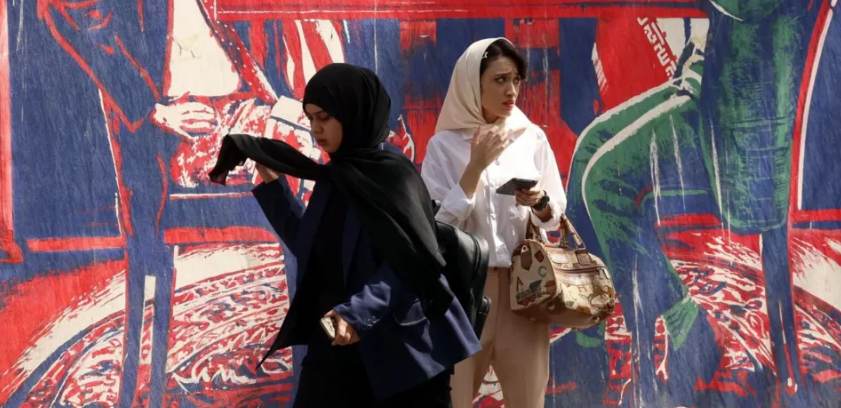Iran has sharply increased its stockpile of highly enriched uranium, raising fresh concerns over its nuclear ambitions, according to a confidential report from the International Atomic Energy Agency (IAEA) seen by the BBC.
The report states that Iran now possesses more than 400 kilograms of uranium enriched to 60% purity — a level far beyond what is needed for civilian energy purposes and edging close to weapons-grade material. The IAEA says this marks a nearly 50% increase in just three months.
The amount of enriched uranium currently held by Iran is theoretically sufficient for around 10 nuclear weapons if further refined. This makes Iran the only non-nuclear-armed nation producing uranium at such a high level, according to the agency.
“The significantly increased production and accumulation of highly enriched uranium by Iran… is of serious concern,” said IAEA Director General Rafael Grossi. He added that the agency cannot verify that Iran’s nuclear programme remains peaceful due to limited access and Iran’s ongoing refusal to answer questions about past activities.
Despite longstanding Iranian claims that its nuclear programme is solely for peaceful purposes, the report casts further doubt on Tehran’s transparency. It also revealed that Iran has been enriching uranium at a pace equivalent to enough material for one nuclear weapon per month during the past three months.
The developments come amid continued, but stalled, nuclear negotiations between Iran and the United States. Talks, which began in April, have yet to produce a breakthrough, with key issues — such as enrichment levels and inspection access — remaining unresolved.
Reacting to the report, Israel accused Iran of pursuing nuclear weapons. “Such a level of enrichment exists only in countries actively pursuing nuclear weapons and has no civilian justification whatsoever,” said a statement from Prime Minister Benjamin Netanyahu’s office.
Iran’s Foreign Minister and chief negotiator, Abbas Araghchi, responded that Tehran does not seek nuclear arms. “We consider nuclear weapons unacceptable,” he said in a televised statement.
The IAEA also highlighted troubling findings from Iran’s past, noting undeclared nuclear activity at three previously unknown sites: Lavisan-Shian, Varamin, and Turquzabad. The agency reported that Iran has not allowed senior inspectors full access and continues to block efforts to resolve outstanding questions.
In recent months, two senior advisers to Supreme Leader Ayatollah Ali Khamenei have hinted that Iran may reconsider its opposition to nuclear weapons if international pressure intensifies. These remarks have alarmed Western diplomats, who fear Iran is nearing the threshold of becoming a nuclear-capable state.
The IAEA board is expected to meet soon to discuss possible actions. While a referral to the UN Security Council remains on the table, such a move would likely be delayed to a future meeting, according to diplomatic sources.


